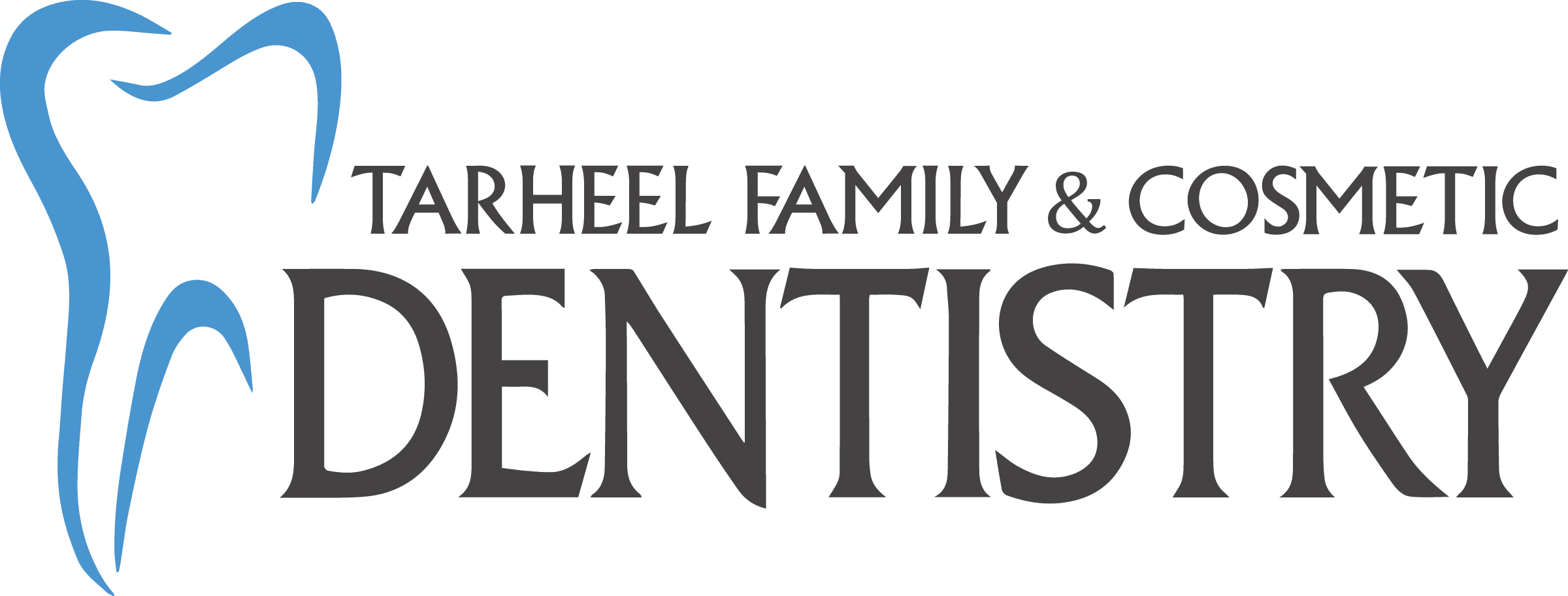Frequent headaches? Tired jaws? Damaged teeth?
These are all common signs that you may be grinding your teeth or clenching your jaw while sleeping when feeling stressed or both. Teeth grinding, known clinically as bruxism, is often the result of an imbalance in the bite or TMJ related disorder. Over time, teeth grinding can significantly impact your oral health and your daily quality of life.
Am I Grinding My Teeth?
Dr. Hewgley looks for the signs of teeth grinding during your routine dental visits, which can include:
- Worn teeth: teeth that appear “flat” have often been ground down by teeth grinding.
- Chipped, cracked teeth: the pressure that teeth grinding places on biting surfaces can lead to chips, cracks, and damage.
- Changes in the bite: over time, teeth grinding can cause the teeth to shift and may impact the function of your bite.
- Clicking or popping jaws: the jaw may jump or pop when opening or chewing as teeth grinding increases muscle tension.
Other signs that you may be grinding your teeth include jaw pain (especially in the morning), a feeling of “tired jaws”, ringing in the ears, neck or shoulder pain and even recurring headaches. Discuss any symptoms or concerns you have during a routine visit or consultation in our Chapel Hill dental office. Treating teeth grinding can restore your oral health, the function of your bite and improve your overall comfort.

Treating Teeth Grinding
Dr. Hewgley will evaluate your dental health with a comprehensive exam and diagnostics as needed to look for the underlying cause of your bruxism, including a TMJ disorder. He will also look for damage to the teeth or gums that should be addressed as a part of your treatment plan.
The most conservative and common treatment for teeth grinding and jaw clenching is the use of a night guard. A custom-made oral appliance that is typically worn at night to reposition the jaw and allow the muscles to relax. This appliance will fit much like a sports mouth guard and can also be worn when feeling stressed to prevent teeth grinding. Over time, in the absence of more complex dental concerns, a mouth guard will allow the jaw to function normally and reduce muscle tension and associated pain.
